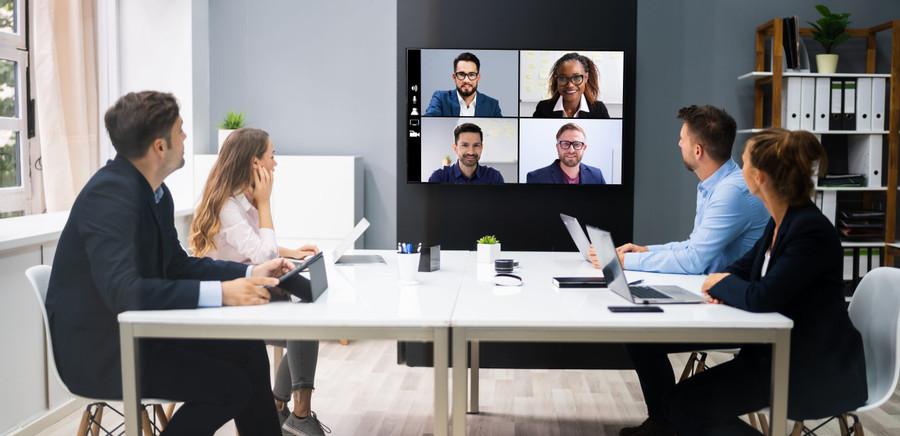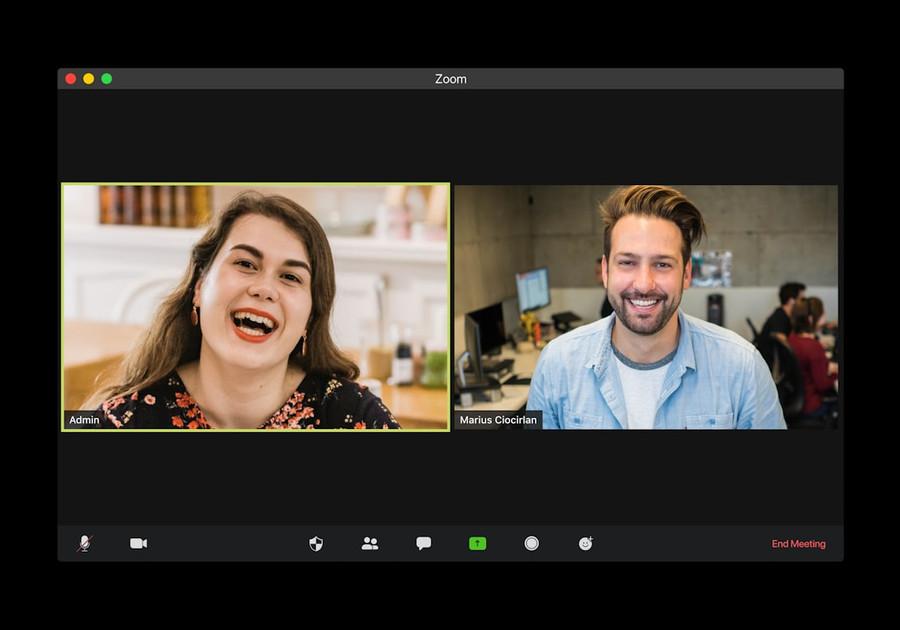Why Proximity Bias Keeps Leaders From Excelling in the Era of Hybrid and Remote Work
Curated from: entrepreneur.com
Ideas, facts & insights covering these topics:
11 ideas
·1.19K reads
4
Explore the World's Best Ideas
Join today and uncover 100+ curated journeys from 50+ topics. Unlock access to our mobile app with extensive features.
Proximity Bias In Remote/Flexible Workers
A January 2022 Slack survey of more than 10,000 knowledge workers and their leaders shows that the top concern for executives about hybrid and remote work is “proximity bias.” Namely, 41% feel worried about the negative impact on work culture from the prospect of inequality between office-centric, hybrid and fully remote employees.
The difference in time spent in the office leads to concerns ranging from decreased career mobility for those who spend less facetime with their supervisor to resentment building up against the staff who have the most flexibility in where to work.
15
155 reads
Failure Of Leaders To Adapt To A Flexible Future Of Work: Survey Findings
Surveys show that two-thirds of large employers intend to have a mainly hybrid schedule after the pandemic ends for non-front line employees, with some fully remote and some office-centric.
Employee surveys show that two-thirds to three-quarters of all workers who can work at least some time remotely want a very flexible hybrid or fully remote schedule permanently.
15
130 reads
The Fickle Nature Of Remote Workers
There’s an important retention issue involved in providing employees with their desired level of flexibility, especially in the context of the Great Resignation. The survey indicates that of those knowledge workers not satisfied with the flexibility at their workplace, 72% are likely to look for a new job in the next year. That’s an especially important issue from the perspective of diversity. While 75% of white knowledge workers want a hybrid or fully remote schedule, 86% of Hispanic/Latinx and 81% of Asian/Asian-American and Black knowledge workers want such flexibility.
13
113 reads
Black Swans And Grey Rhinos
Why haven’t leaders addressed the obvious problem of proximity bias?
Any reasonable external observer could predict the issues arising from differences in time spent in the office. Unfortunately, leaders often fail to see the clear threat in front of their noses.
You might have heard of black swans, the hard-to-predict, low-probability, high-impact threats like the pandemic. Well, the opposite kind of threats are called gray rhinos: obvious dangers that we fail to see because of our mental blindspots.
13
138 reads
Mental Blindspots: Cognitive Bias
Cognitive biases or mental blindspots are dangerous judgment errors that result in poor strategic and financial decisions. They render leaders unable to resist following their gut instead of relying on best practices.
One of these biases is called functional fixedness. When we have a certain perception of appropriate practices, we tend to disregard other more appropriate alternatives.
15
130 reads
Imposing The Old Way
Trying to transpose existing ways of collaboration in “office culture” to remote work is a prime example of functional fixedness.
That’s why leaders fail to address strategically the problems arising with the shift to a hybrid-centric culture of work. They thought their pre-existing ways of management would be more than enough for the new world. Unfortunately for them, the context changed, and they ended up like fish out of water.
16
119 reads
Not Invented Here
Another cognitive bias, related to functional fixedness, is called the not-invented-here syndrome. It’s a leader’s antipathy towards adopting practices not invented within their organization, no matter how useful. No wonder that leaders fail to look externally for techniques to address proximity-bias related issues. Instead, they try to come up with their own strategies and often work very hard and spend way too many resources to reinvent the wheel. If they’re lucky, it’s round, but too often, it’s a square wheel.
14
84 reads
'Excellence From Anywhere' Strategy
Many organizations may need some employees to come in full-time. Others may need to come in on a hybrid schedule even if they worked full-time remotely during the pandemic.
Addressing these potential cultural divides is vital to prevent a sense of “haves” and “have-nots” from developing, as well as pre-empting career-limiting facetime differences with supervisors. Leaders can address this by focusing on a shared culture of “Excellence From Anywhere”.
This culture takes into account the nature of an employee's work and promotes task-based policies, allowing remote work whenever possible.
16
88 reads
Benefits Of 'Excellence From Anywhere'
The “Excellence From Anywhere” strategy addresses concerns about divides by focusing on deliverables, regardless of where you work. Doing so also involves adopting best practices for hybrid and remote collaboration and innovation.
By valuing deliverables, collaboration and innovation through a focus on the shared work culture of “Excellence From Anywhere,” you can instil in your employees a focus on deliverables. The core idea is to get all of your workforce to pull together to achieve business outcomes; the location doesn’t matter.
14
79 reads
Facetime With Managers
Addressing the problem of 'Facetime with the Boss' necessitates shifting from the traditional, high-stakes, large-scale quarterly or even annual performance evaluations to much more frequent weekly or biweekly, low-stakes, brief performance evaluation one-on-one check-ins.
Supervisees agree on three to five weekly or biweekly performance goals with their supervisor. Then, 72 hours before their check-in meeting, they send a brief report to their boss under a page of how they did on these goals, what challenges they faced and how they overcame them.
13
78 reads
The Bottom Line
The transition to a hybrid and remote work culture in the post-pandemic recovery leads to the threat of resentment over flexibility and worries over career standing due to facetime with the boss.
This reframes the conversation to help everyone focus on pulling together to achieve shared business objectives and prioritizing deliverables rather than where and how you work through research-based best practices.
12
76 reads
IDEAS CURATED BY
Cynthia Fowler's ideas are part of this journey:
Learn more about leadershipandmanagement with this collection
How to balance flexibility and structure in a hybrid team environment
Understanding the challenges of managing a hybrid team
How to maintain team cohesion
Related collections
Similar ideas
Read & Learn
20x Faster
without
deepstash
with
deepstash
with
deepstash
Personalized microlearning
—
100+ Learning Journeys
—
Access to 200,000+ ideas
—
Access to the mobile app
—
Unlimited idea saving
—
—
Unlimited history
—
—
Unlimited listening to ideas
—
—
Downloading & offline access
—
—
Supercharge your mind with one idea per day
Enter your email and spend 1 minute every day to learn something new.
I agree to receive email updates











